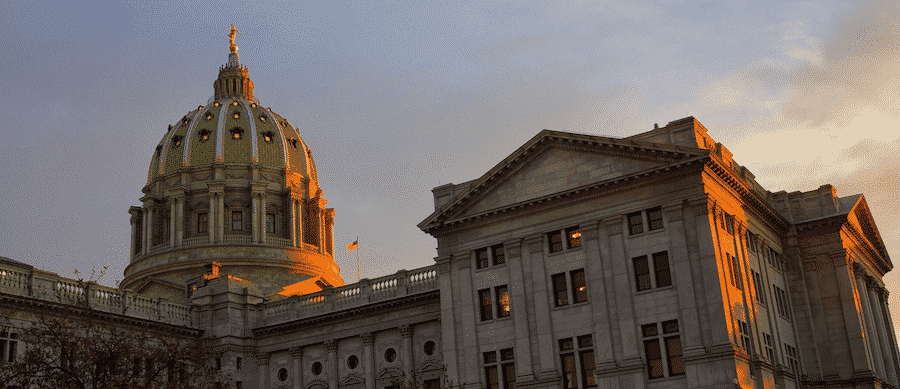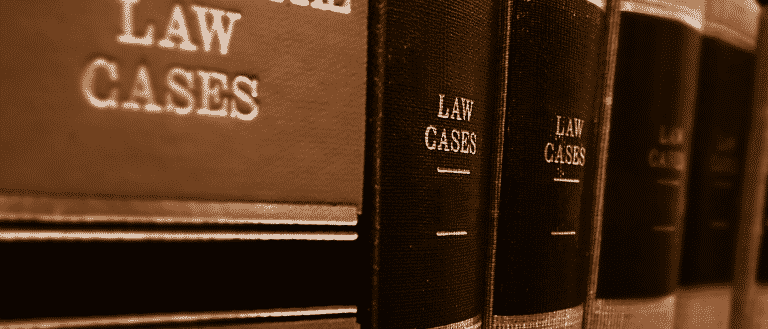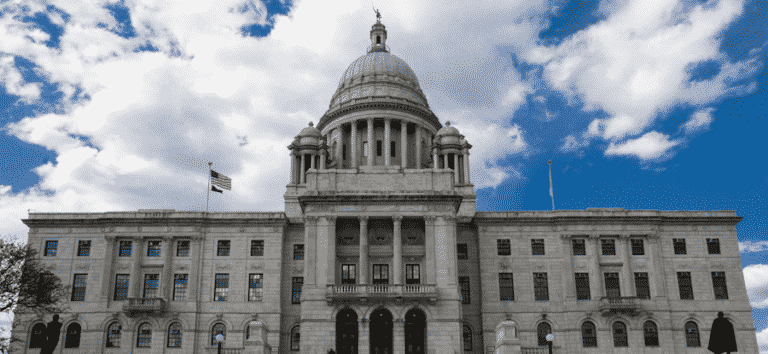Pennsylvania Online Gambling Bill Passes Senate And House

In a flurry of activity, lawmakers in Pennsylvania got a massive gambling bill approved first in the Senate yesterday and then in the House earlier this morning. The bill now goes to the desk of Governor Tom Wolf for his signature to turn the bill into law.
Update: Governor Wolf has signed the bill into law.
HB 271 paves the way for an enormous expansion of gambling in Pennsylvania both online and in the real world. The wide-ranging bill includes the legalization of online casino games and poker, daily fantasy sports, online lottery sales, and the expansion of certain casino games to truck stops and airports. The bill even establishes tax rates for online sports betting in the event federal laws change to permit sports betting.
The bill passed the Senate yesterday afternoon by a vote of 31-19 and went up for a full House vote this morning. The bill passed in the House by a vote of 109-72 and Governor Wolf seems likely to sign off on the bill. Assuming the governor does grant the bill his signature, Pennsylvania will become the fourth US state behind Delaware, New Jersey, and Nevada to legalize online poker, online gambling, or both.
Online Gambling Provisions in the Pennsylvania Bill
HB 271 is a hefty piece of legislation covering online poker, online casino games, online sports betting, daily fantasy sports and lottery all in one big shot. The 470-page bill covers a lot of ground, but the key online gambling provisions include:
- Online Casino Games: Existing casinos and other qualified entities will be able to apply for online slots licenses and online table games licenses at a cost of $10 million per license during the first 90 days and $4 million after. Existing casinos in Pennsylvania will have a 120-day head start to apply for licenses. After that point, other entities may also apply for licenses.
- Online Poker: “Peer-to-peer interactive game” (online poker) licenses will also be offered at a cost of $4 million. Again, existing casinos get first dibs during the first 120 days, after which other qualified entities will be able to apply for online poker licenses.
- Online Sports Betting: The bill also legalizes online sports betting should the federal prohibition of sports betting be repealed or ruled unconstitutional. Both land-based and online operators would need to acquire a sports betting license at a cost of $10 million.
- Daily Fantasy Sports: Licenses will now be required for DFS operators in Pennsylvania. Licenses will cost $50,000 and a tax of 15% will apply to revenue generated in PA. Fantasy sports providers will also be subjected to regulations such as enforcing a minimum age of 18.
- Online Lottery: HB 271 authorizes the Pennsylvania Lottery to offer online keno, instant win games, raffles and other existing games.
The one dark spot in what is otherwise a huge win for online gambling proponents is the issue of taxes. HB 271 establishes a fairly reasonable tax rate of 14% for table games, but confiscatory tax rates of 52% for online slots and 34% for sports betting. Add to that local taxes of 2% and it establishes the following effective tax rates:
- Online table games and poker: 16%
- Online slots: 54%
- Sports betting: 36%
These tax rates are a “massive overreach” and industry analysts predict such high taxes will prevent “many operators” from entering the Pennsylvania online gambling market.
Offline Provisions
HB 271 also includes significant gambling expansions such as the authorization of up to 10 satellite casinos, casino games made available at truck stops and airports, and the relaxation of certain existing regulations.
The Associated Press has a nice overview of the changes, but here are the main changes gamblers will see:
- Satellite Casinos: The 10 existing casinos in Pennsylvania may bid on the construction of satellite casinos containing up to 750 slot machines and 30 table games. Bidding will begin at $7.5 million with table game licensing costing an additional $2.5 million. Satellite casinos must not be constructed within 25 miles of an existing casino.
- Gambling Parlors at Airports: Existing casinos may apply to install an interactive gambling parlor at international or regional airports in Pennsylvania. Gambling would be limited only to ticketed passengers.
- Gaming Machines at Truck Stops: Certain truck stops may install up to five video gambling terminals with revenue split between the truck stop, state, license holder, terminal operator and municipality.
Background
Back in March, Pennsylvania made our list of the 7 states most likely to legalize online gambling. Pennsylvania’s inclusion was based on multiple previous attempts to pass online gaming legislation as well as two bills that were active at the time. The bill that was passed today looks to have borrowed from those previous efforts.
We rated Pennsylvania as “fair” in terms of the likelihood of getting something passed due to opposition from certain casino interests. This latest effort was opposed by Sheldon Adelson, Penn National Gaming, Senator Robert Tomlinson, and even House Gaming Oversight Committee Chairman Scott Petri who recently likened the expansion to “an explosion” of gambling with unintended consequences.
Nonetheless, support from the Gaming Control Board, most state lawmakers, and most of Pennsylvania’s casinos left us hopeful that something could get done in 2017. Now, all that remains to be done before online gambling comes to Pennsylvania is for Governor Tom Wolf to sign the bill into law.
Will Governor Wolf sign the bill?
Analysts are predicting that Governor Wolf will sign the bill due to pressure to fix the state’s budget woes and his past propensity to approve of gambling expansion measures in the state.
Update: Governor Wolf Authorizes Lottery to Offer Virtual Sports Betting
On 27 October, Governor Tom Wolf announced that he is authorizing the Pennsylvania Lottery to offer virtual sports betting games at lottery retail locations such as bars and taverns. The video sports terminals will offer games that mimic real sports betting except with randomized outcomes.
In a press release, the governor explained his reasoning for authorizing virtual sports betting:
“The Pennsylvania Lottery provided more than $1 billion last year for older Pennsylvanians, assisting with property tax and rent rebates, transportation, care services, prescription assistance and local services such as senior centers and meals. However, intense competition is straining Lottery profits as seniors are increasingly relying on these programs.
“This action allows us to protect our commitment to seniors and stabilize funding for those vital programs, while providing Lottery retailers, including bars and taverns, with a new source of revenue.”
Virtual sports betting games are designed to replicate the traditional sports betting experience with terminals in place that display virtual sports games on a monitor. This gives the effect that the player is watching an actual game take place even though the outcome is determined entirely by chance.
Although virtual sports betting falls a little short compared to the real thing, technology has improved significantly in recent years to provide players with an experience that is surprisingly effective at recreating the real experience.
Modern virtual sports betting games are getting very good at mimicking the real thing:
One major advantage virtual sports betting offers over the real thing is speedy results – a typical virtual sports competition can be over in as few as five or ten minutes. Players get immediate results and can get back in the action faster, and retailers benefit from increased turnover.
The Pennsylvania Lottery predicts the addition of virtual sports betting may raise as much as $75 million in additional revenue over the next five years.








